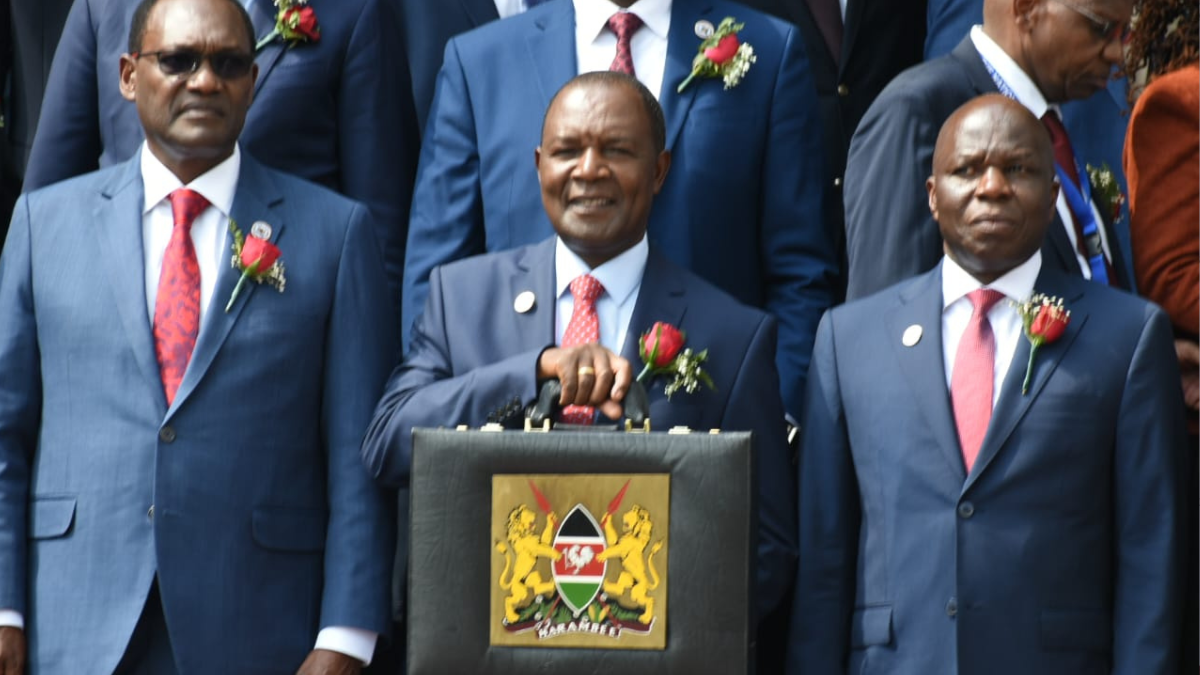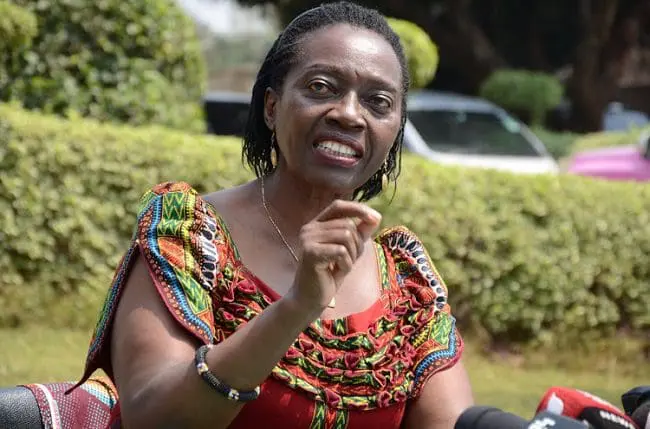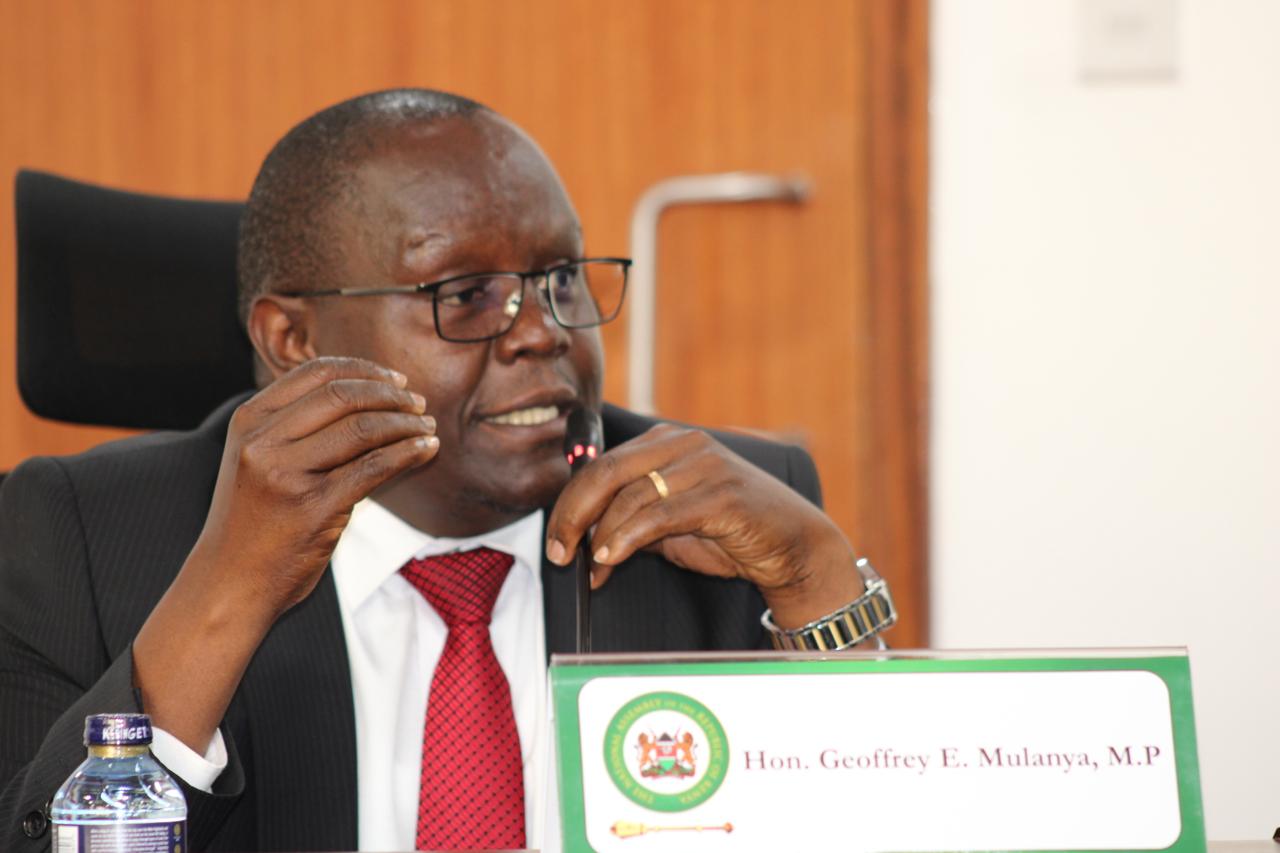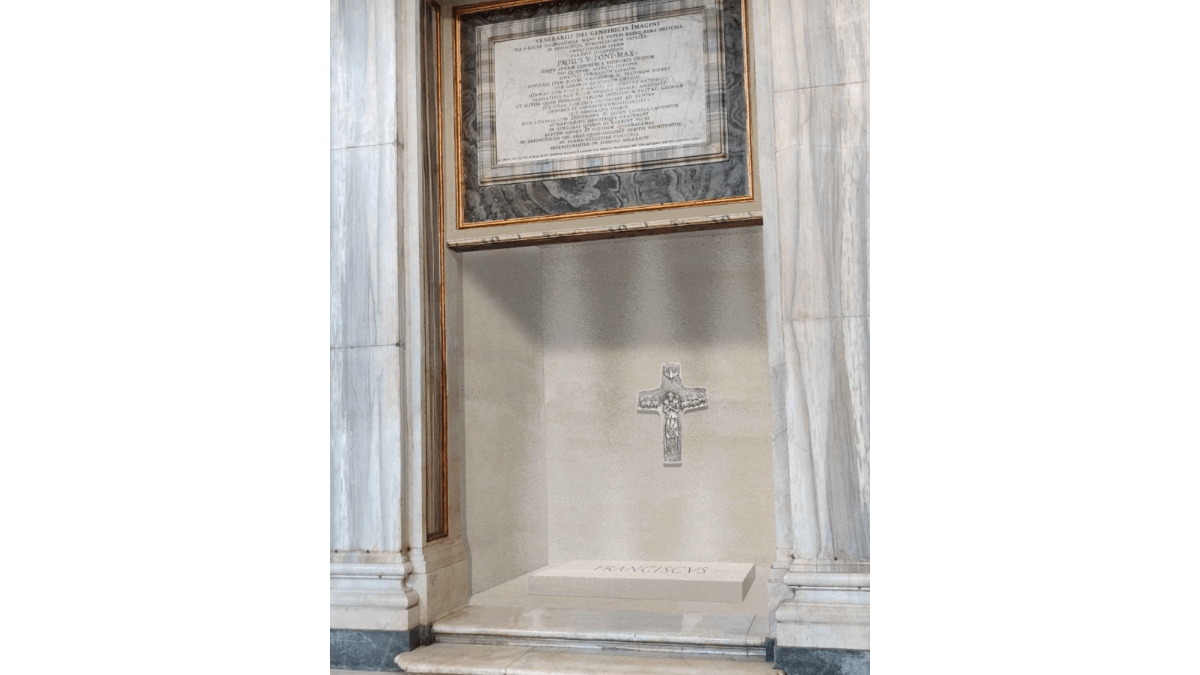Treasury cabinet secretary Njuguna Ndung’u has outlined some key measures that the government will implement in an attempt to avoid wastage of public money during the financial year 2024/2025.
Speaking while unveiling the 2024/25 budget at the National Assembly on Thursday June 13, 2024, the Treasury CS noted that the government shall streamline a number of allowances in all public institutions.
He added that from July 1, 2024, payroll and human resource services in government institutions will be digitized through KRA to remove manual stand alone payroll systems.
Ngung’u at the same time explained that the salaries and remuneration commission (SRC) will progressively review allowances for public servants to align provision of allowances in public institutions.
Additionally, CS Njuguna Ndung’u disclosed that some public institutions and state corporations may be merged to ensure they are self-sustaining and provide revenue for ex-chequers.
The government is also planning to strengthen tax compliance by getting new revenue channels.
Apart from that, the government shall implement austerity measures across all Ministries to control spending, especially on foreign travels, and restricting all training to government institutions, suspending purchase of furniture and refurbishment.
Meanwhile, the government shall audit all payrolls of public servants, to eliminate ghost workers as well as consolidation of public procurement.
Still on the same, President William Ruto’s government is also aiming at minimizing public expenditure through digitization of key government services.
The government will as well review insurance schemes for key government sectors through Universal Healthcare Coverage through SHIF as well as dealing with duplication of roles between national and county governments.
At the same time, he acknowledged that the main challenge has been increased demand for finances, leading to increased national debt.
As a result, the national debt has been overstretched as the government resorts to mobilizing high tax to secure more revenue, resulting in another challenge of high taxes.
He also highlighted the issue of privatization of public institutions that need huge bailouts and are not productive.











